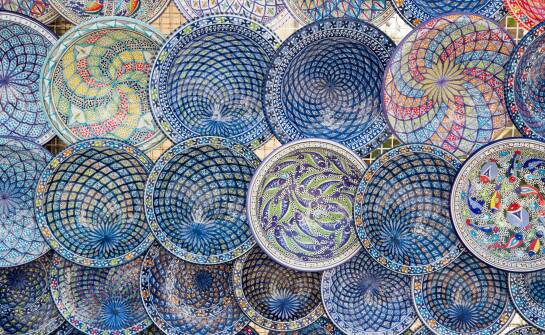Sponsored article
Which materials are predominantly impulse sealed?

Impulse sealing is a popular method of joining thermoplastics, especially films and thin layers of technical fabrics. This technique makes use of the heat generated by heating belts or resistance wires, which melt the surface of the material in a short impulse under current flow and then cool it under pressure. Thanks to its precision and energy efficiency, impulse sealing works well with materials that require tight, even and aesthetically pleasing joints. The most commonly sealed materials are PVC, PE, PP, PET films, and PU or PVC-coated fabrics, which are used, for example, in the manufacture of roller blinds, sun shades, tarpaulins, covers, mosquito nets and curtain strips. This method is particularly appreciated where the aesthetics of the seal, lack of burning and the ability to work on different material thicknesses without damaging them are important.
PVC (polyvinyl chloride)
PVC film is a material that responds very well to the sealing process using resistance heaters, heated in cycles and controlled by time. It is characterised by good sealability, high flexibility and weather resistance. In the sealing process, it is important to set the temperature and heating time precisely to avoid overheating and deformation. PVC is used, for example, in the manufacture of roller blinds, sun shades, tarpaulins and curtain strips, where tightness, strength and aesthetics of the connections are key.
PE (polyethylene)
Polyethylene is a more difficult material to heat treat than PVC, due to its lower melting point and tendency to stretch when heated excessively. PE sealing with Zemat Technology Group’s impulse sealer requires the parameters, especially heating time and pressure, to be set precisely in order to avoid damage to the material while achieving a durable joint. PE is widely used in flexible covers and protective films, including in the packaging and technical industry.
PVC or PU coated fabrics
Technical fabrics with a PVC or polyurethane (PU) coating are ideal for sealing with the technology offered by Zemat. Thanks to the thermoplastic outer layer, it is possible to create durable, tight and aesthetically pleasing joints without the need for glue or sewing. The precisely controlled heating and pressing process ensures control over the quality of the seal, even with multilayer materials. This type of fabric is widely used in the manufacture of sun shades, pergolas, advertising marquees, covers and wind protection systems.
PET-G (polyethylene terephthalate with glycol)
PET-G is a material that combines high transparency with good chemical and mechanical resistance, making it an attractive choice for technical and aesthetic applications. PET-G requires precise control of temperature and heating time in the impulse sealing process, as it is easily overheated and can lose its transparency or become deformed. Due to its rigidity and thermoplasticity, PET-G is suitable for the production of transparent covers, labels, structural components and semi-rigid sun shades. When done correctly, the seal is durable, tight and almost invisible, which is especially important in applications requiring aesthetics.
The key to achieving long-lasting and aesthetically pleasing joints is the right choice of parameters and matching the technology to the properties of the specific material. Thanks to their precise process control and versatility, impulse sealers are an indispensable tool in modern industrial production.


